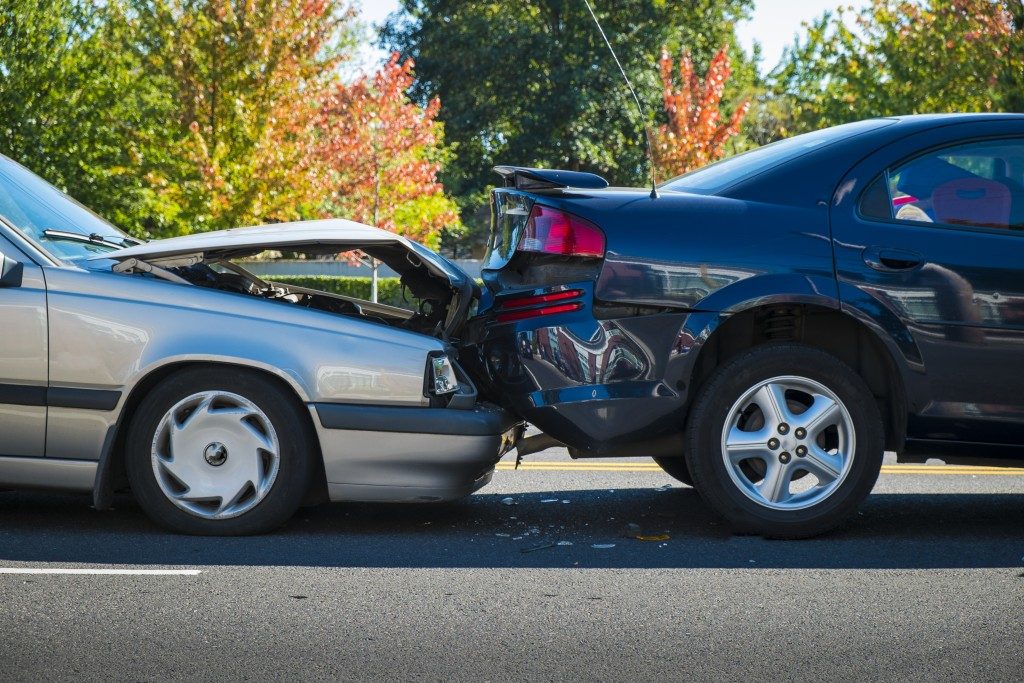Even if you deem yourself a careful driver, you are still at risk of a car accident. After the crash, pursuing damages to mitigate your loss and ease transition during the post-crash period is essential. Several elements determine the compensation you get after an auto accident.
One of these factors is your level of fault. This is a complicated legal issue that can negate your compensation altogether if not expertly handled by attorneys from firms such as Feldman & Lee PS. Here are the various levels of fault that might apply to your car accident case.
Negligence
This refers to any negligent conduct that may cause an accident. Courts can find you negligent if you fail to or actively do something that leads to the crash. Establishment of negligence in car accidents is complicated in most cases, and more than one driver can be found negligent for one accident. Most states will reduce your compensation based on the degree of your negligence.
Recklessness
This is sometimes called wanton conduct and is more serious compared to negligence. Recklessness is the willful ignorance of the well-being of other road users. Some examples of recklessness include aggressive driving, drunk driving, careless changing of lanes, and over speeding. In most cases, you are prosecuted rather than compensated if found to be reckless.
Strict Liability
This applies to particular products including explosives or defective car parts. In strict liability, you can get compensation even without proving that the defendant was reckless. All your attorney needs to demonstrate is that the accident resulted from the defendant’s action.
You can now appreciate that getting compensation for a car accident is not a walk in the park. The given levels of fault play a key role in your auto accident claim’s outcome. A good lawyer will boost rather than undermine your case.

